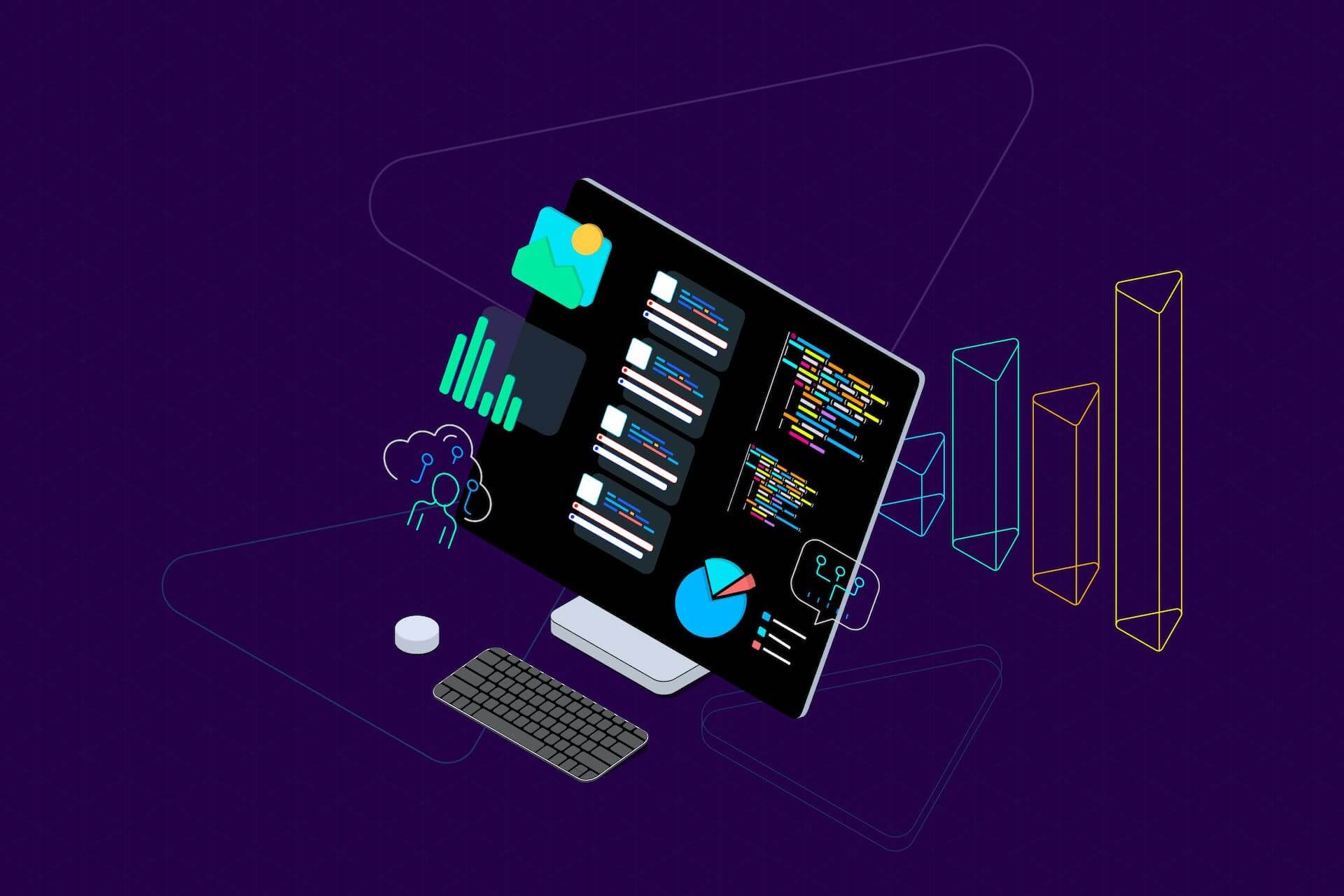
What is blockchain penetrate testing?
Penetration Testing accomplishes with a mindset of a probable adversary, by definitely abusing the target weaknesses. The BlockChain Pen Tester simulates the malicious attacker by breaking into the network. The intent is to discover and notify security gaps.
The penetration tester calculates the time upon the network size and the complexity of its design.
We need to know how the blockchain works in your application as it aids in understanding the business logic.
a. Blockchain Architecture – Analyse the implementation to ensure its capability to preserve confidentiality, integrity and availability throughout the delivery, fulfilling, and storage of data.
b. Compliance Readiness – Ensure the implementation complies the governance requirements such as Legal, Regulatory and compliance requirements.
c. Readiness Assessment – Exerts an in-depth glimpse of the technological features of the BlockChain application to ensure the most beneficial practices & security.
We perform the hands-on examination of your blockchain to ascertain its readiness level measured against best methods and industry norms.
- Network Penetration Testing
- Blockchain Static and Dynamic Application Testing, including analysis of wallets, databases, GUI, Application/Business logic.
- BlockChain Integrity Assessment
Each of these attack vectors will be furthermore put into the analysis, ensuring that security controls are in status to recognise, alleviate, and adequately review access.
Functional testing – The testing assesses the trouble scenarios and business synopses. The elements considered by the testers are:
a. Size of the Block and Chain.
b. Addition of Blocks
c. Data Transmission
d. BlockChain API Testing
e. BlockChain Integration Testing
f. Performance Testing
g. Security Analysis
Crypto Currencies are one such popular application of utilising the BlockChain Technology. However, performing penetration testing even to the security-by-design distributed databases is mission critical.

Some of the hallmarks leveraged by the different enterprises across the blockchain ecosystem:
- Healthcare – Health Records verification and maintenance of Health records, processing of claims
- Retail – Mitigating transaction frauds, the privacy of customers data
- Communication – Network access and controls, assurance of e-wallets
- Media – Anti piracy, payment systems, digital tokens
- Finance – Cross channel transactions, the security of commercial transactions
- Ensuring Smart Contracts
- Robust digital assurance solutions
The self-executing contract between the involved parties written in the lines of code is the Smart Contract. These contracts containing the code and agreement terms are then distributed-computing over the distributed database or decentralised blockchain network. Smart contracts enable trusted transactions amongst the anonymous parties without the attendance of a central judicial system.
- Helps you discover the kind of attack vectors that could affect your blockchain application
- Enables you to find out the true-positive vulnerabilities
- Distinguishes the significant security loopholes of the blockchain that could unleash due to an aggregate of numerous low-severity risks.
- Recognises the real impact of flourishing adversaries on your industry and overall transactions.
- It also reveals how excellent the protection of the system is
- If the order of the network is so natural to gain access, then it exhibits the security solutions that you need to invest in more trustworthy security solutions.
- Because of the report obtained post penetration testing, your company can make all the critical improvement to make the operations and your business better.


